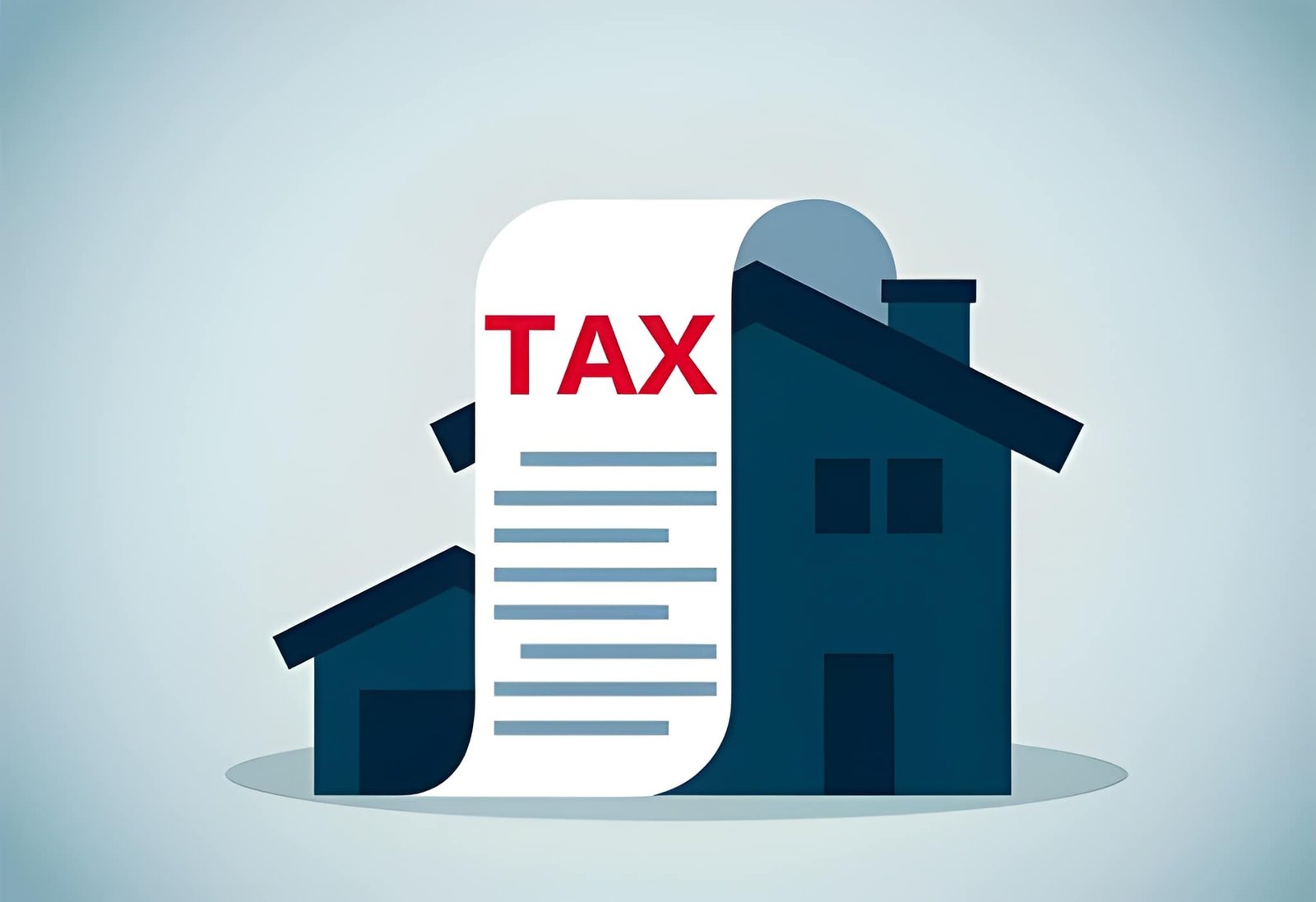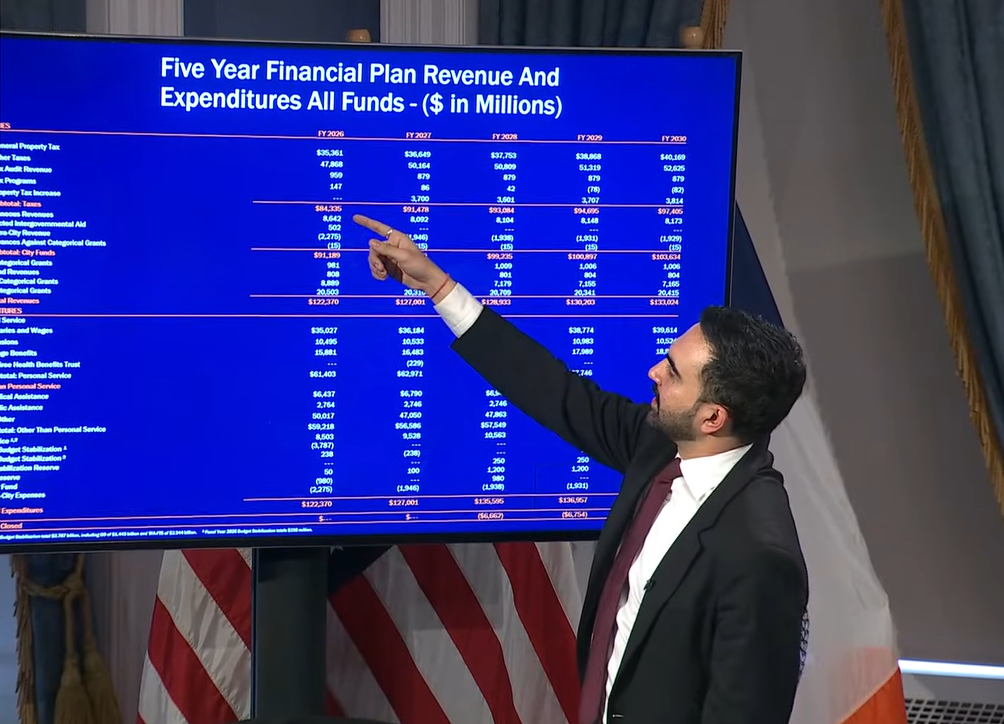Just when it looked like Congress was too distracted by impeachment proceedings to worry about taxes, it managed to cobble together new legislation in a year-end appropriations measure, including extensions of numerous tax provisions that had expired or were about to expire. Most of the “extenders” in the new Taxpayer Certainty and Disaster Relief Act will remain in effect through the end of 2020.
The new legislation is expected to be signed by President Trump soon after it hits his desk. Keeping that in mind, here are some of the key extensions granted by Congress right before Christmas.
Mortgage debt forgiveness: Under a unique tax law provision, a discharge of qualified mortgage debt may be excluded from federal income tax, up to a limit of $2 million. The tax exclusion is only available for debt on a principal residence.
Mortgage insurance premiums: This provision allows taxpayers to deduct mortgage insurance premiums, subject to a phase-out beginning at $100,000 of adjusted gross income (AGI). The deduction is available for payments for a principal residence and one other home, like a vacation home.
Medical deduction: The recent massive tax legislation, the Tax Cuts and Jobs Act (TCJA), reduced the threshold for deducting medical expenses from 10% of AGI to 7.5%, but only for 2017 and 2018. The new law restores the lower 7.5%-of-AGI threshold through 2020.
Tuition-and-fees deduction: The tuition-and-fees deduction, which may be claimed above-the-line in lieu of a higher education credit, is subject to a phase-out based on modified adjusted gross income (MAGI). The credit could be either $4,000 or $2,000, depending on MAGI, until the phase-out is complete.
Work Opportunity Tax Credit: A business may be able to claim a Work Opportunity Tax Credit (WOTC) for hiring workers from certain disadvantaged groups. The basic WOTC equals 40% of the worker’s first-year wages up to $6,000, for a maximum credit of $2,400 per worker, but the credit may reach as high as $9,600 for a disabled veteran.
Family and medical leave credit: The TCJA authorized a tax credit for employers providing paid family and medical leave to employees. This credit, which initially was created to last only through 2019, is based on wages paid for a maximum leave of 12 weeks. It ranges from 12.5% to 25% of the paid wages.
Empowerment zones: Businesses and individual residents within designated empowerment zones are eligible for special tax incentives such as a 20% wage credit, liberalized Section 179 expensing, tax-exempt bond financing and deferral of capital gains tax on the sale of qualified assets sold and replaced.
Plug-in vehicles: The new law provides a 10% credit, capped at $2,500, for highway-capable, two-wheeled plug-in electric vehicles. To qualify, battery capacity within the vehicles must be greater than or equal to 2.5 kilowatt-hours.
Finally, the new law also includes several provisions allowing tax relief for individuals and businesses in federally-designated disaster areas. In addition, the combined year-end spending measure features significant changes for retirement-savers and a repeal of three taxes imposed by the Affordable Care Act (ACA), among other provisions.
This is just the tip of the iceberg. We will have more to report in the near future.
Thanks for reading CPA Practice Advisor!
Subscribe Already registered? Log In
Need more information? Read the FAQs
Tags: Income Taxes, IRS, Taxes




